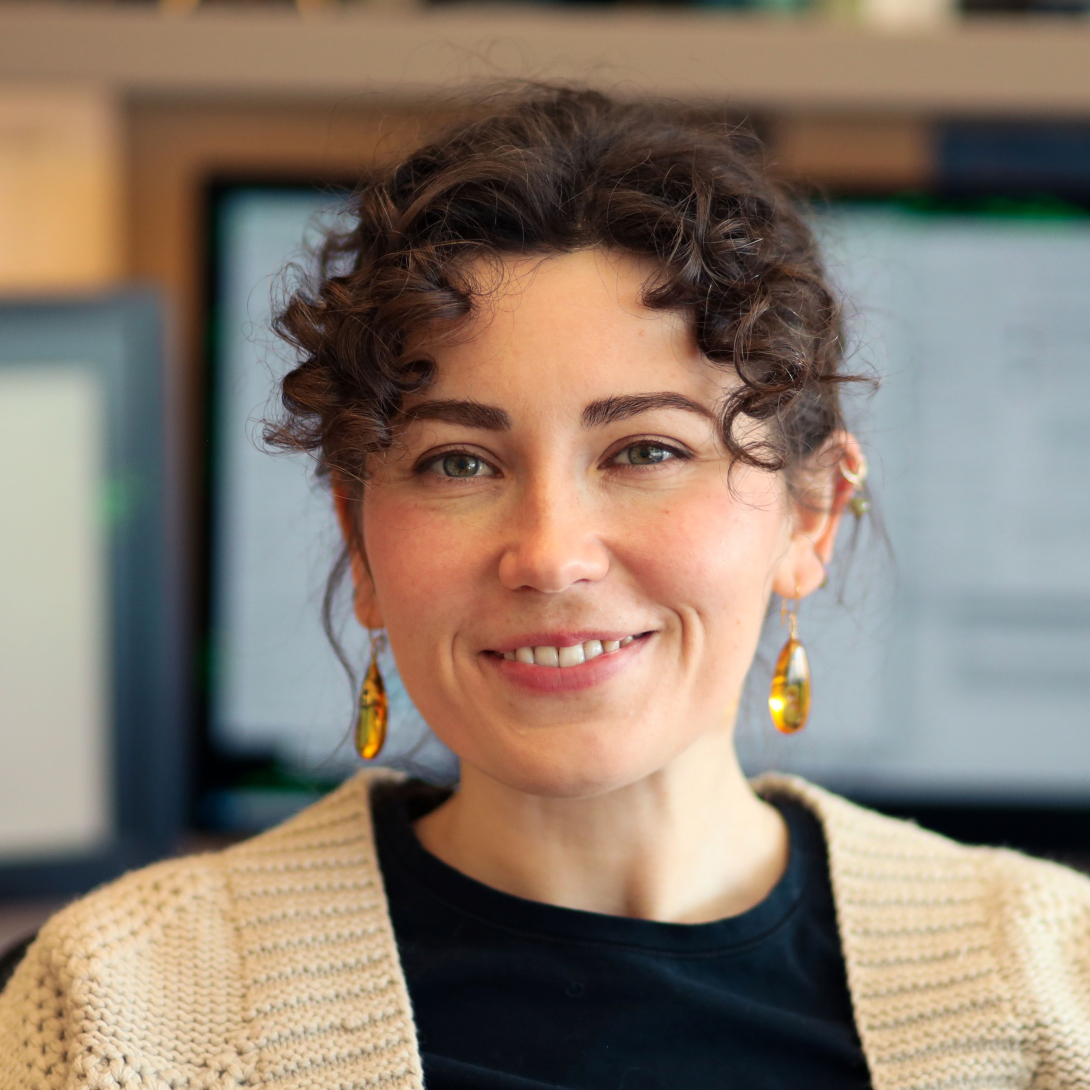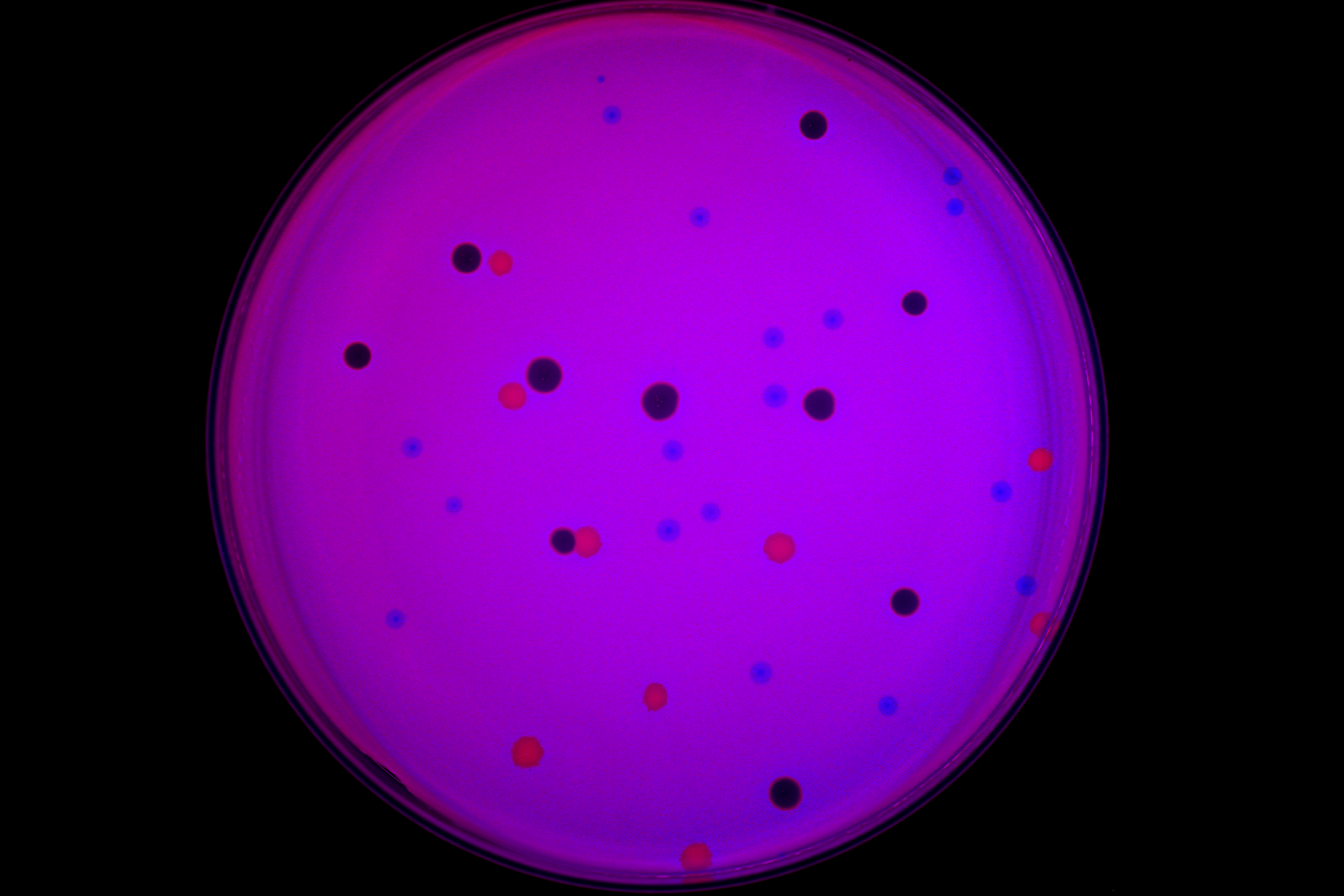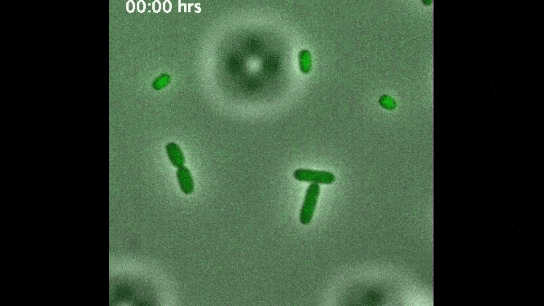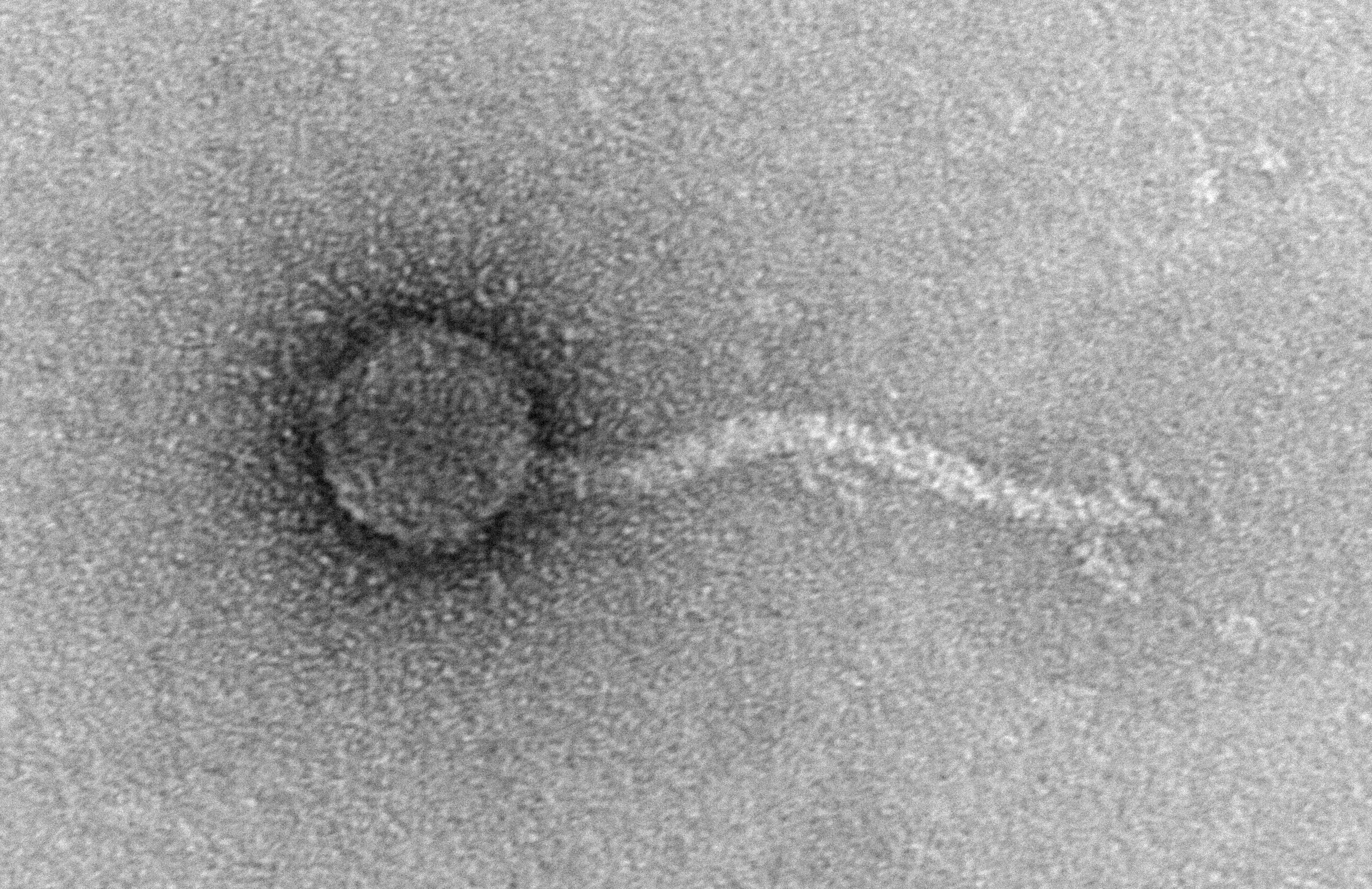
Siân Owen, PhD
My research explores the molecular biology of bacterial viruses (bacteriophages) and other mobile genetic parasites with a focus on how they shape the ecology and evolution of bacteria. For as long as I can remember I have been captivated with the microbial world: largely invisible but profoundly impactful on the daily lives of us macroorganisms!
I completed undergraduate training in Microbiology at Cardiff University in the UK, and stayed at the institution to complete a master’s degree in biosciences research in Professor Tom Connor’s laboratory working in collaboration with the Wellcome Trust Sanger Institute. I then pursued doctoral training with Professor Jay Hinton at the University of Liverpool studying how an emerging African variant of Salmonella, ST313, had adapted to cause bloodstream infections. Taking a multidisciplinary approach involving comparative genomics, transcriptomics and infection experiments, we pioneered the functional dissection of the ST313 variant and discovered multiple important genomic events that had occurred during its evolution. Ultimately, I became particularly intrigued by the role of bacteriophage elements (prophages) in manipulating Salmonella biology and undertook a comprehensive molecular characterization of prophages in various Salmonella strains.
In 2018 I took up a postdoctoral position with Professor Michael Baym initiating a phage research subgroup within the lab, with the goal of tackling broader biological questions relating to bacteriophages, molecular evolution and antibiotic resistance. During my postdoctoral training I characterized a novel prophage-encoded phage defense system, BstA, that I had discovered in the Hinton lab. Alongside this I initiated multiple research projects investigating the impact of phages and plasmids on bacteria, including a research focus on plasmid-dependent bacteriophages. My expertise in bacteriophage biology led to numerous collaborations including the discovery that the bacterial genotoxin Colibactin triggers prophage induction (with the Balskus lab, Harvard Department of Chemistry) and the identification of phages encoding extensive translational machinery capable of infecting translationally recoded E. coli (with the Church lab, Harvard Medical School Department of Genetics).
In 2024 I began my independent research lab here at the Wadsworth Center. My research continues to focus on bacteriophages and other mobile elements, exploring new ways to exploit the enormous genetic diversity of bacteriophages to combat human health challenges.
To learn more about my current research, visit the Owen Laboratory!


